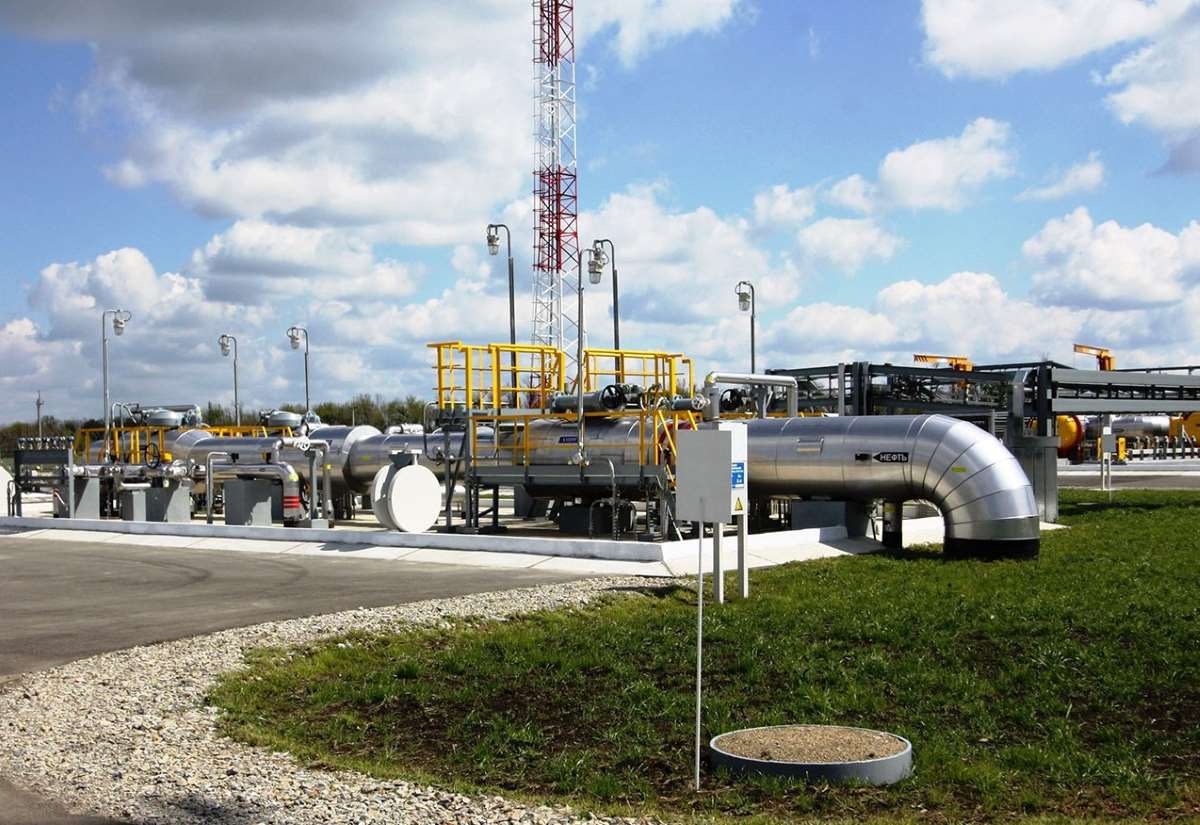The move comes amid tensions between Kazakhstan and OPEC+ over the country's continuous excess production quotas.
Reuters reported that the Caspian Pipeline Consortium (CPC) oil pipeline operating, the export route, accounted for about 1% of the global oil supply through Russia, said two exports were closed after an irregular inspection of the Russian Transport Service on the evening of March 31.
According to commercial sources, if the ban lasts for more than a week, CPC exports could fall by more than half.
The order came just hours after US President Donald Trump expressed his dissatisfaction with Russia and threatened to impose secondary tariffs on customers buying oil from Russia.
Kazakhstan is one of the countries that has exceeded production quotas according to OPEC+ agreements many times, a group consisting of the Organization of the Petroleum Exporting Countries (OPEC) and allies such as Russia. However, Kazakhstan has struggled to require major oil and gas companies to reduce production after they have invested tens of billions of dollars to expand capacity.
Kazakhstan's oil production hit a record high in March, with an increase in output from the Tengiz giant and stable exports via the CPC, according to two industry sources. Kazakhstan's oil and gas condensation output reached 8.95 million tons, equivalent to 2.17 million barrels/day, exceeding 2.15 million barrels/day in February.
Kazakhstan's energy minister resigned last month following heated debates over compliance with OPEC+ quotas.
A source from OPEC+ admitted that Kazakhstan often faces "challenges" in complying with quotas, but in the end everything is resolved. Russia's sudden closure of two oil export ports could be a pressure move, forcing Kazakhstan to adjust production.
The CPC said the closure of the two export ports was carried out under an inspection order from the Russian transport agency to handle "violations". However, the company did not specify the nature of these violations or the time to rectify them.
Despite the two export ports being restricted, Kazakhstan insists oil exports via the CPC are operating normally. "There are currently no restrictions on receiving Kazakhstanese oil in the CPC system," the Kazakhstan Energy Ministry said. The oil unloading process is still taking place normally through the third wharf still in operation.

This is not the first time Russia has closed CPC oil export ports. In 2022 and 2023, the pipeline was disrupted by damage and major storms, causing serious impacts to Kazakhstan.
CPC expects to export 1.7 million barrels/day (about 6.5 million tons) in April, but if the situation is not resolved soon, this figure will be significantly cut.
CPC is one of Kazakhstan's most important pipeline systems, playing a vital role in transporting oil from the country's largest mines to the port of Novorossiysk in the Black Sea, Russia. CPC's major shareholders include Transneft (Russia, 24%); KazMunayGas (Kazakhstan, 19%), along with two US oil and gas corporations, Chevron and Exxon Mobil.
Although Kazakhstan may continue to export through the remaining wharf, the question is how long Russia will keep the ban and whether this is a move to pressure Kazakhstan to comply with its commitment to OPEC+ or not. This will certainly affect the global oil market in the coming weeks.











